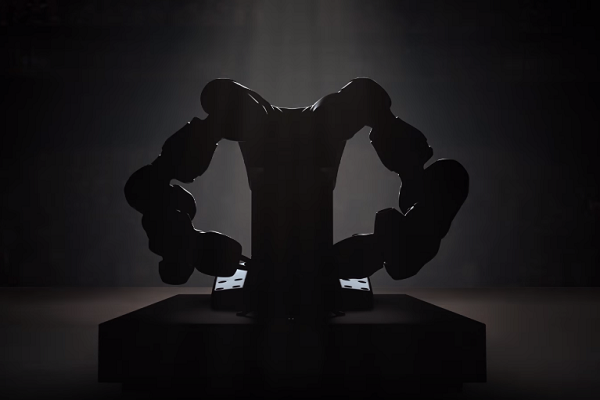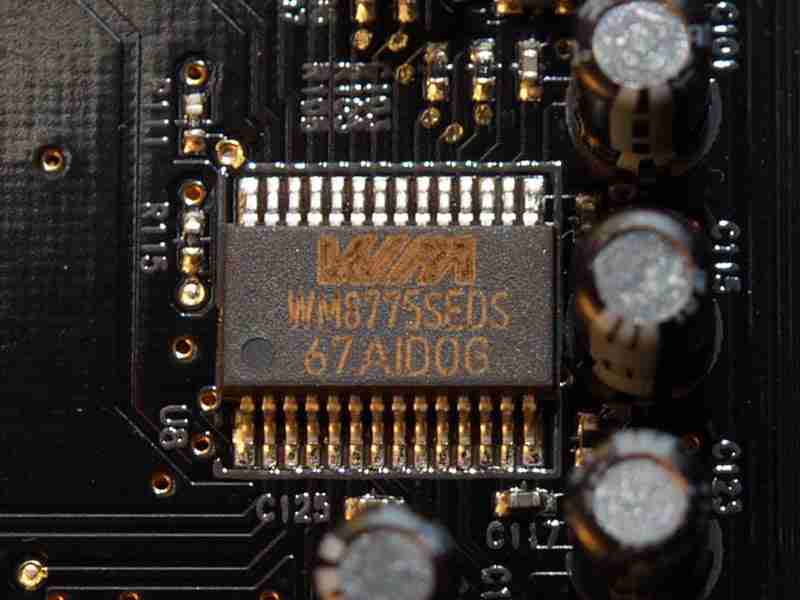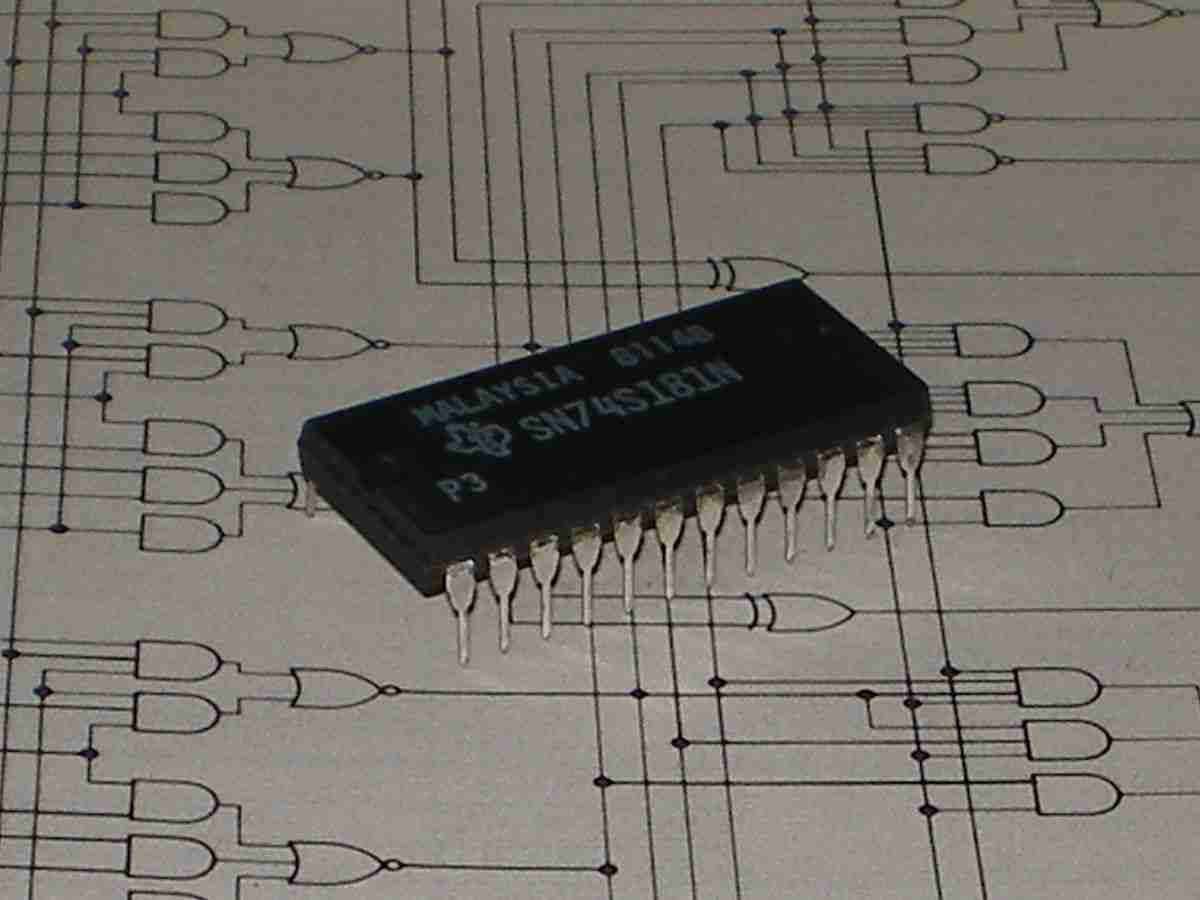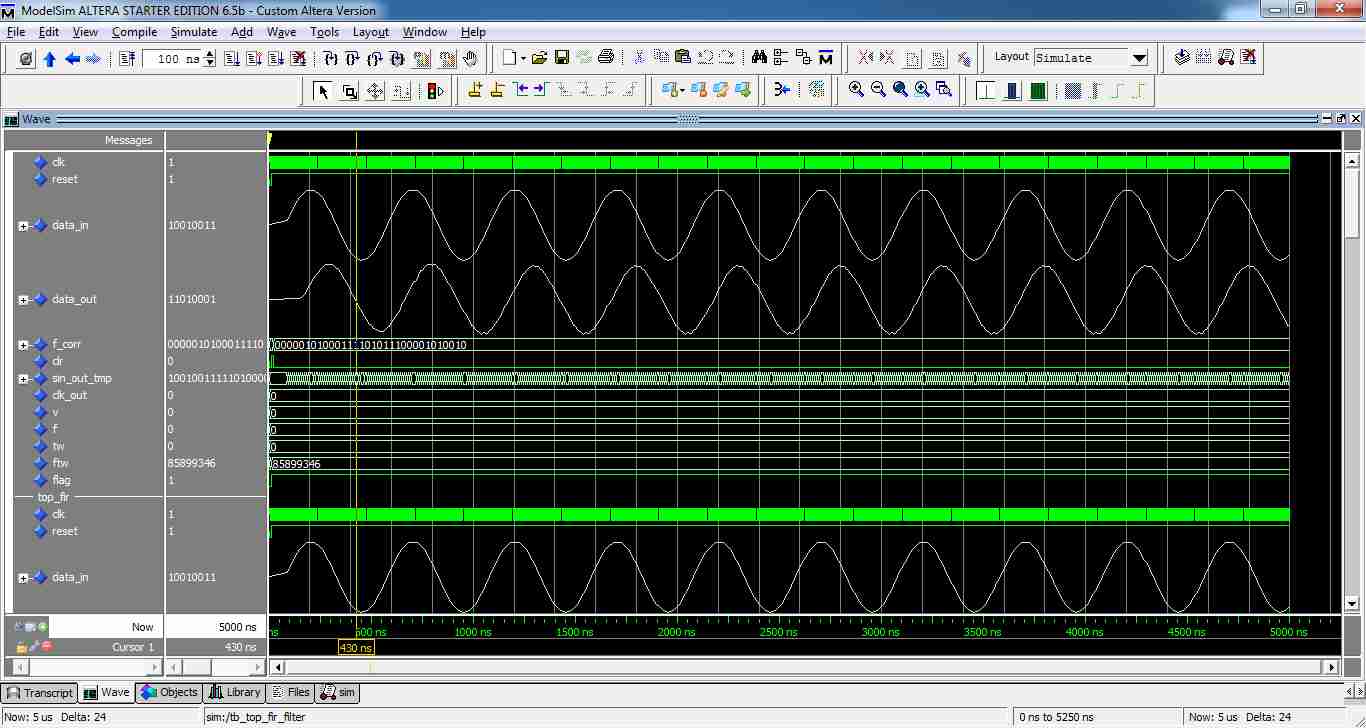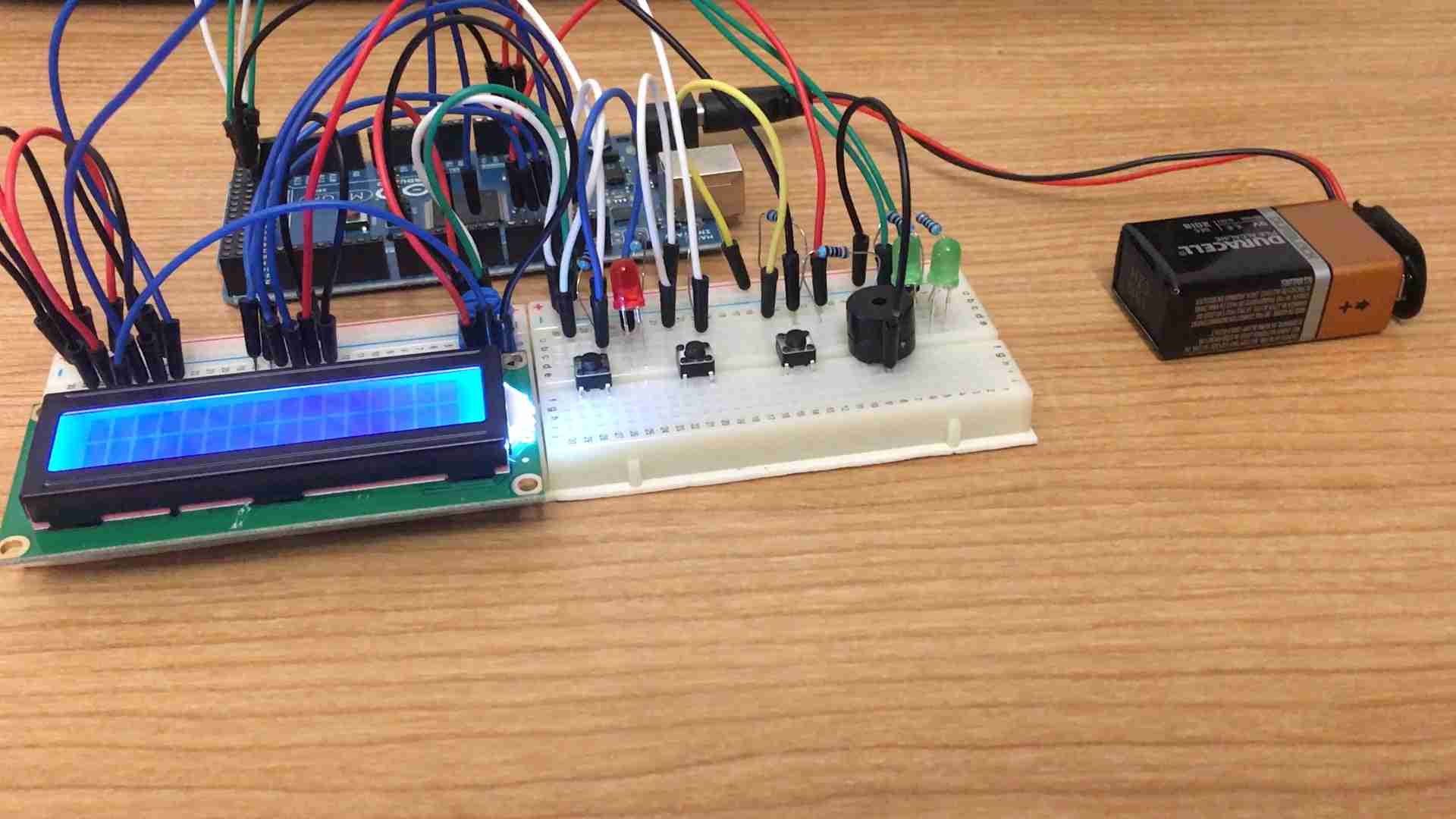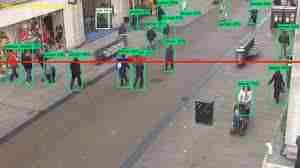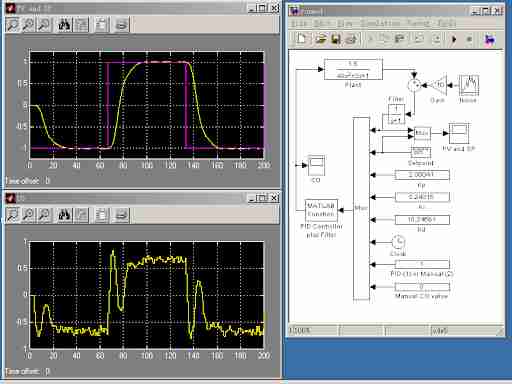Minor Projects
Cave Exploration Bot
A lot of caves are discovered, almost on a daily basis. While it is a very adventurous task, so is it risky. A cave may have toxic gases, loose soil, rock structure, and hidden groundwater reserves. This is where automation comes into the picture. The idea is to create a robot for reaching the inaccessible places in caves and mines. .
Read MoreROBOTIC HAND
Robotic Arms, one of the most popular and in demand robots of this generation, are mechanical arms which perform the same function as a human arm. This project aims to create one of the same but with more depth, detail and efficency than a standard while applying autonomous, sensitive and accurate movement capabilities to it.
Read MoreSnake Robot
The snake robot was built as part of the Flying and Robotics Club (FARC) club project. Its aim was to showcase the club’s design and manufacturing capabilities along with providing the members with an opportunity to practically apply their skills and knowledge.
Read MoreORNITHOPTER
It is a machine designed to achieve flight by flapping wings like a real bird. The idea was to create an ornithopter from scratch, to control it remotely, and of course, to make it fly!
Read MoreAnologue-to-Digital Converter
In electronics, an analog-to-digital converter (ADC, A/D, or A-to-D) is a system that converts an analog signal, such as a sound picked up by a microphone or light entering a digital camera, into a digital signal.
Read MoreArithmetic Logic Unit
An arithmetic logic unit (ALU) is a combinational digital electronic circuit that performs arithmetic and bitwise operations on integer binary numbers. This is in contrast to a floating-point unit (FPU), which operates on floating point numbers. An ALU is a fundamental building block of many types of computing circuits, including the central processing unit (CPU) of computers, FPUs, and graphics processing units (GPUs). A single CPU, FPU or GPU may contain multiple ALUs.
Read MoreFinite Impulse Response filter
In signal processing, a finite impulse response (FIR) filter is a filter whose impulse response (or response to any finite length input) is of finite duration, because it settles to zero in finite time. This is in contrast to infinite impulse response (IIR) filters, which may have internal feedback and may continue to respond indefinitely (usually decaying).
Read MoreMorse Code Encoder & Decoder
Morse code is a character encoding scheme used in telecommunication that encodes text characters as standardized sequences of two different signal durations called dots and dashes or dits and dahs. Morse code is named for Samuel F. B. Morse, an inventor of the telegraph.
Read MorePeople Counter
A people counter is an electronic device that is used to measure the number of people traversing a certain passage or entrance. Examples include simple manual clickers, infrared beams, thermal imaging systems, WiFi trackers and video counters using advanced machine learning algorithms. They are commonly used by retail establishments to judge the effectiveness of marketing campaigns, building design and layout, and the popularity of particular brands.
Read MoreSoftware PID Controller
A proportional–integral–derivative controller (PID controller or three-term controller) is a control loop mechanism employing feedback that is widely used in industrial control systems and a variety of other applications requiring continuously modulated control. A PID controller continuously calculates an error value e(t) as the difference between a desired setpoint (SP) and a measured process variable (PV) and applies a correction based on proportional, integral, and derivative terms (denoted P, I, and D respectively), hence the name
Read More
